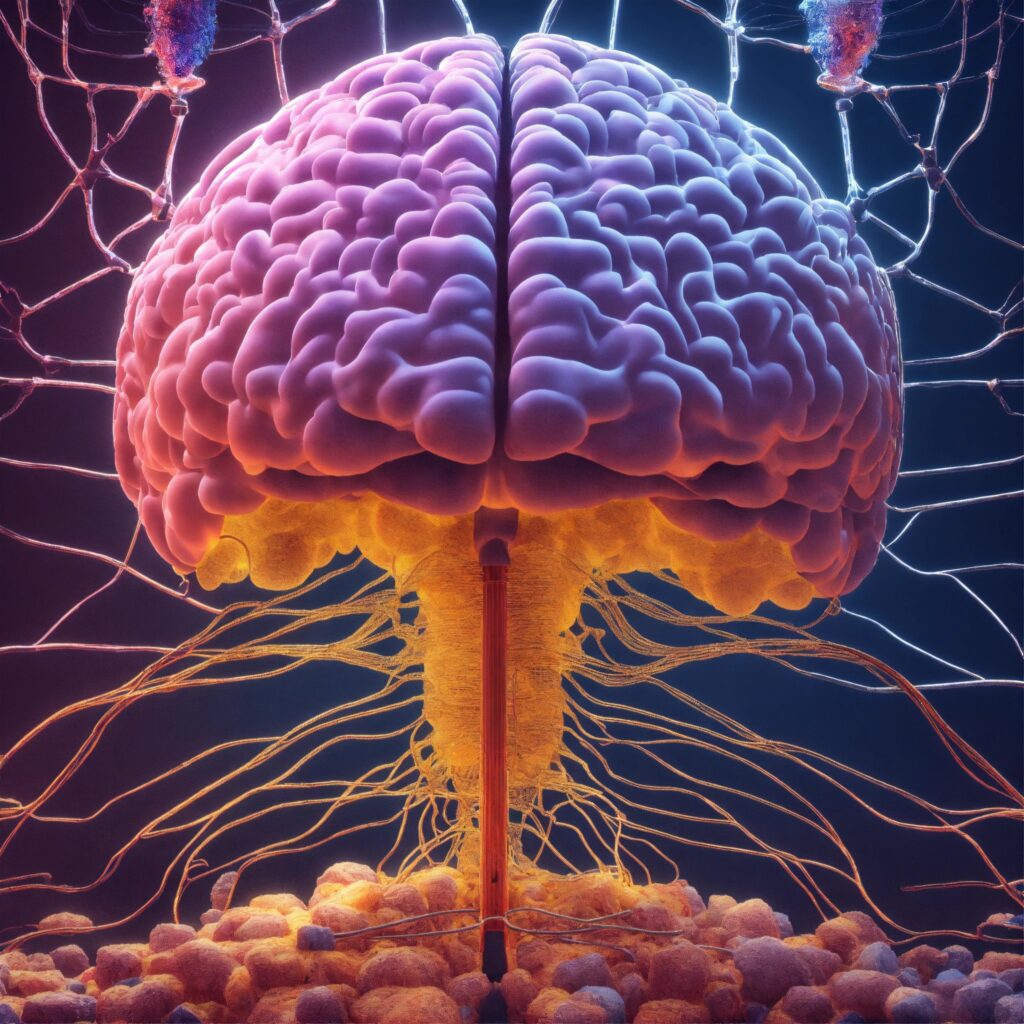Last Updated on June 19, 2025 by Digital pariksha
In recent years, the advent of artificial intelligence (AI) has revolutionized various sectors, including creative writing. From generating poetry to crafting compelling narratives, AI tools have become indispensable allies for writers. AI isn’t just spitting out words; it’s jazz-handing its way into creative expression, sprucing up tools, raising eyebrow-arching ethical questions, and plotting its world domination in the writing sphere. Buckle up as we dive into the wild, wacky mashup of AI and creativity—it’s a ride you won’t want to miss!

The Rise of AI in Creative Writing
Understanding Creative Writing
Creative writing is an intricate art form that empowers individuals to convey their thoughts, emotions, and ideas through the power of written words. It encompasses a diverse array of genres, including poetry, fiction, scripts, and essays, each of which provides unique avenues for expression. Each of these genres serves different purposes and evokes distinct responses from readers, from the rhythm of a heartfelt poem to the suspense of a thrilling novel.
The beauty of creative writing lies in its profound ability to evoke emotions and provoke thought, making it one of the most powerful mediums for communication. Through storytelling, writers can transport readers into different worlds, allowing them to experience a range of emotions—joy, sorrow, anger, and love. This capacity to resonate deeply with audiences is what makes creative writing not only an art but also a vital form of human connection.
What is AI Writing?
At its core, AI in creative writing involves the sophisticated use of artificial intelligence algorithms designed to generate text that closely mimics human writing styles and structures. These advanced tools harness the power of Natural Language Processing (NLP) and machine learning techniques to analyze vast amounts of data. By examining numerous examples from a wide array of writing styles—ranging from classic literature to contemporary blog posts—AI can learn the nuances of grammar, tone, and structure.
This deep learning process allows AI tools to produce coherent, contextually relevant content tailored to the specified requirements of the user. For instance, if a writer inputs a prompt about a fantasy world, the AI can generate engaging narratives that fit seamlessly within that genre, complete with well-developed characters and intricate plots.

Key AI Technologies in Use
- Natural Language Processing (NLP): Natural Language Processing (NLP) is a pivotal technology in the realm of AI in creative writing. It enables machines to not only understand human language but also to interpret the context, tone, and nuances that are inherent in creative expressions. By analyzing vast datasets consisting of written text, NLP algorithms can identify patterns in language use, allowing them to generate outputs that feel more human-like. This capability means that writers can collaborate with AI tools to produce work that resonates emotionally with readers, enhancing the creative process. For example, NLP can help in crafting compelling dialogues or character descriptions, providing writers with a powerful resource to enrich their narratives.
- Machine Learning: Machine Learning (ML) plays a significant role in AI’s influence on creative writing. It involves algorithms that learn from existing texts and adapt their conclusions based on new data. As these algorithms process more information, they become increasingly skilled at generating content that reflects various writing styles, tones, and genres. In the context of AI in creative writing, this means that writers can leverage ML-powered tools to produce drafts, brainstorm ideas, or even refine their style. The continual learning process allows for the creation of personalized writing assistants that can adapt to the unique voice of each writer, making it an invaluable asset for both budding and experienced authors.
- Deep Learning: Deep Learning, a more advanced subset of Machine Learning, utilizes neural networks to analyze complex patterns within data, which is especially crucial in the context of AI in creative writing. This technology enables the creation of sophisticated models that can generate highly creative and contextually relevant content. By mimicking the way the human brain processes information, deep learning algorithms can produce narratives that are not only coherent but also rich in detail and emotion. This capability empowers writers to experiment with various styles and genres, as deep learning can assist in generating poetry, short stories, and even entire novels. The depth of understanding that deep learning provides enhances the collaboration between human creativity and artificial intelligence, pushing the boundaries of what is possible in writing.
Incorporating these technologies into the creative writing process not only streamlines the writing experience but also opens up new avenues for expression and exploration. As a result, writers can embrace AI tools that harness NLP, Machine Learning, and Deep Learning to enrich their creative endeavors and produce work that captivates audiences.
How AI Tools Enhance Creative Writing
–>Generating Ideas and Inspiration 💡
Many writers struggle with “writer’s block”—a condition that halts creativity. AI tools can help alleviate this by providing prompts, themes, or even full outlines for stories. For instance, tools like ChatGPT can suggest plot twists or character developments based on initial ideas.
–>Crafting and Editing Content ✏️
AI writing assistants, such as Grammarly and Hemingway App, offer real-time grammar checking and style suggestions. These tools not only correct errors but also enhance clarity and engagement, ensuring that the final piece resonates with readers.
–>Exploring Different Writing Styles 🖋️
One of the most exciting aspects of AI in creative writing is the ability to experiment with various genres and styles. Writers can input specific parameters and let the AI generate text in the style of their favorite authors, allowing for rich exploration and learning.

Popular AI Tools for Creative Writing
As AI technology continues to advance, several tools have emerged as favorites among writers:
1. OpenAI’s ChatGPT
- A conversational agent that assists in generating text, answering questions, and brainstorming ideas.
- Useful for drafting dialogues, exploring character motivations, and much more.
2. Sudowrite
- Tailored specifically for creative writers, it helps in expanding descriptions and providing alternative phrasing.
- Ideal for those looking to enhance narrative depth.
3. Jasper.ai
- Focuses on marketing content but is versatile enough for creative writing.
- Allows users to define tone and style, making it a customizable tool for writers.
4. Rytr
- An AI writing assistant that helps create content quickly.
- Suitable for generating blog posts, stories, and creative copy.
5. Writesonic
- Offers various templates and tools to aid in content creation.
- Known for its user-friendly interface and efficiency.
6. NovelAI
- Specifically designed for storytelling, it helps writers develop plots and characters.
- Encourages creative exploration by allowing users to input specific genres or themes.
The Ethical Considerations of AI in Writing
Ownership and Originality
As AI-generated content becomes more prevalent, questions arise regarding ownership. Who owns the rights to AI-written text? Is it the creator who input the original prompt or the developers of the AI? These questions must be addressed to establish clear guidelines.
Quality vs. Quantity
AI can produce vast amounts of content quickly, but the quality may vary. Writers must ensure that their unique voice and creativity are not lost in the rush to utilize AI tools. Striking a balance between AI assistance and personal input is crucial.
The Role of Human Touch in Writing
While AI can offer substantial help, it cannot replicate human emotions and experiences. The nuances of human storytelling—such as cultural context and emotional depth—remain integral to writing. Thus, the human touch in creative writing must not be overlooked.
The Future of AI in Creative Writing
Collaborations Between AI and Writers
The future likely holds more collaborations between AI and human writers. This partnership could enhance creativity, allowing for new forms of storytelling and expression. As writers adapt to these tools, they may find innovative ways to weave AI outputs into their narratives.
The Evolving Landscape of Literature 📚
AI’s impact on the literary world is still unfolding. Will we see a rise in AI-generated novels? Could AI become a co-author in creative projects? These possibilities challenge traditional notions of authorship and creativity, paving the way for a new literary landscape.
A Community of AI-Aided Creatives
The rise of AI in creative writing may foster a community of writers who use these tools collaboratively. Online platforms might emerge, allowing for shared AI-generated content and discussions on best practices, helping writers to support each other and grow together.

Conclusion
AI has undeniably opened new dimensions for creative writing, empowering writers with innovative tools and resources that enhance the entire writing process. The integration of AI in creative writing allows authors to explore new ideas, overcome creative blocks, and refine their work with unprecedented efficiency. These technological advancements are not just tools; they represent a paradigm shift in how we approach storytelling and literary creation.
However, as we celebrate these advancements, it is crucial to navigate the ethical considerations that accompany the use of AI. Questions around authorship, originality, and the authenticity of AI-generated content demand thoughtful discussion and responsible use.
Writers must remain vigilant to ensure that while they harness the power of AI, they also maintain their unique voices and the genuine emotional depths that resonate with readers. After all, the magic of storytelling lies in the human experience—something that AI, no matter how advanced, cannot fully replicate.Looking toward the future, the role of AI in creative writing appears promising. By embracing this technology, writers can venture into uncharted territories of expression, crafting narratives that are more vibrant, diverse, and imaginative.
The fusion of human creativity and artificial intelligence may well redefine the boundaries of literature, opening doors to collaborative efforts that meld machine-generated ideas with human insight. As this exciting journey unfolds, writers can anticipate a landscape rich with possibilities—where inspiration flows freely, stories evolve dynamically, and creativity knows no bounds.
In essence, the emergence of AI in creative writing is a transformative force that encourages exploration and innovation. As writers adapt to these new tools, they are not only enhancing their craft but also contributing to the evolution of literature itself. The future of storytelling may be more collaborative and inclusive, paving the way for fresh narratives that reflect a wide array of perspectives. By embracing the potential of AI, we stand on the brink of a new era in creative writing—one that promises to enrich the art form and engage readers in ways we have yet to imagine.
As we move forward in this exciting journey, let us celebrate the synergy between human imagination and artificial intelligence, leveraging these advancements to create captivating stories that inspire, provoke thought, and ignite passion. In this brave new world of AI in creative writing, the possibilities are limitless, and the next great literary masterpiece could be just a prompt away! 🌐📖✨
Call to Action
If you are intrigued by the world of AI in creative writing, consider exploring various tools to enhance your writing craft. Whether you are an aspiring author or a seasoned writer, integrating AI into your writing process could be your next great adventure! This engaging exploration of AI in creative writing highlights not only the advantages but also the responsibilities that come with such powerful tools. The fusion of technology and creativity is just beginning, and who knows what stories are yet to be told? Happy writing! 🌈✍️
You may also like reading about: AI and STEM Education
Discover more from Digital Pariksha
Subscribe to get the latest posts sent to your email.
